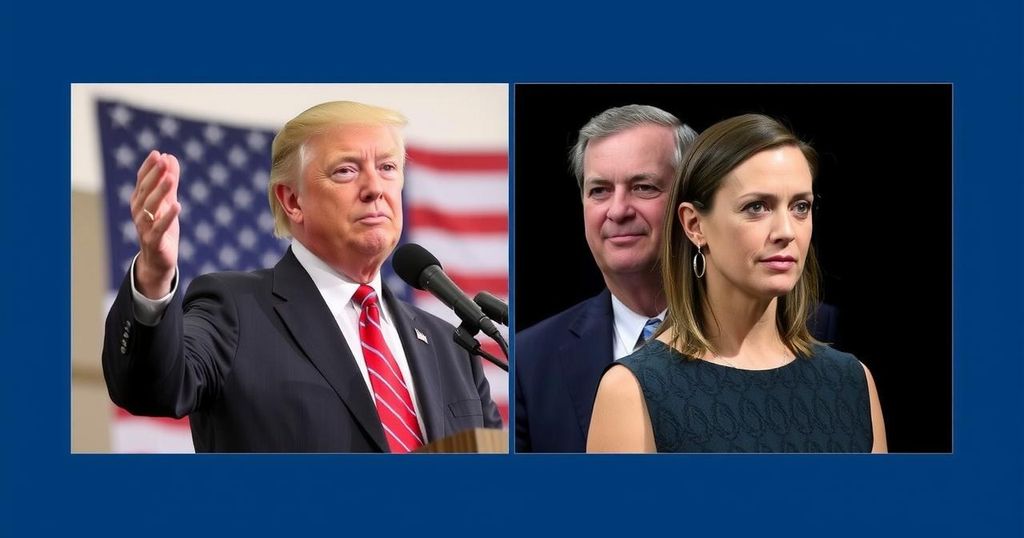Virginia’s special elections signify a critical test for party strength before the 2025 gubernatorial race, featuring contests that could reinforce Democratic majorities or indicate a shift towards Republican momentum. Key issues include abortion rights and the allocation of a $2 billion surplus, which are likely to impact voter choices and legislative priorities moving forward.
Virginia’s special elections serve as a critical barometer of political sentiment preceding the 2025 gubernatorial election. The races are set against a backdrop of Republican gains expected nationally, which may further influence local dynamics. Notably, in the 32nd Senate District, Democratic Del. Kannan Srinivasan faces Republican Tumay Harding following the vacancy created by U.S. Rep.-elect Suhas Subramanyam. The 26th House District contest features Democrat J.J. Singh competing against Republican Ram Venkatachalam, both drawing significant attention due to their potential to influence party control in the General Assembly.
In the 10th Senate District, Democrat Jack Trammell is positioned against GOP nominee Luther Cifers, a contest within a district that strongly supported past Republican leaders. The outcomes of these special elections may not only strengthen Democratic majorities but also offer insights into the shifting political landscape in Virginia as the state prepares for a new Republican administration at the federal level. Furthermore, discussions surrounding a substantial $2 billion surplus introduce debates on budget allocations, with parties prioritizing education funding and tax relief initiatives.
Abortion rights have emerged as pivotal issues in these races, with Democratic candidates affirming their commitments to defending reproductive access and navigating the implications of evolving federal policies under a new administration. The significance of abortion in these elections reflects broader national trends, as states across the political spectrum pursue divergent legislative agendas in response to the changing political climate.
The context of Virginia’s special elections is crucial in understanding the potential ramifications for the upcoming 2025 gubernatorial race. These elections offer the first significant indication of voter sentiment following the recent national elections. The focus on reproductive rights amplifies the stakes of the contests, with both parties leveraging popular issues to galvanize support. Additionally, the allocation of the state’s surplus funds accentuates the ideological differences between the parties, particularly with education and tax relief competing as priorities. As historically, abortion remains a dividing line that influences party alignment and voter mobilization efforts among constituents.
The special elections in Virginia present a pivotal moment for both the Democratic and Republican parties, showcasing their strengths and weaknesses ahead of the critical 2025 gubernatorial race. The results could either affirm Democratic control or signal a shift towards Republican momentum, particularly in light of national political trends. Furthermore, the centrality of abortion rights in these races encapsulates the broader ideological battles taking place, both within Virginia and nationally, highlighting the importance of voter mobilization on key social issues as lawmakers navigate changing political terrains.
Original Source: virginiamercury.com






